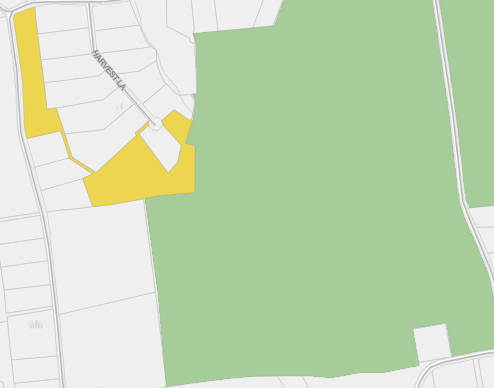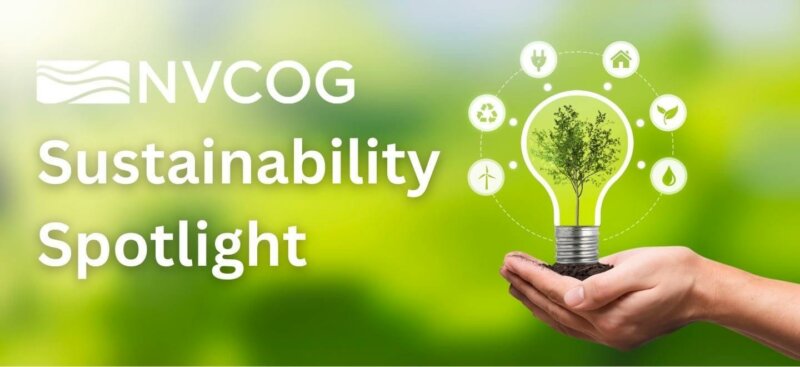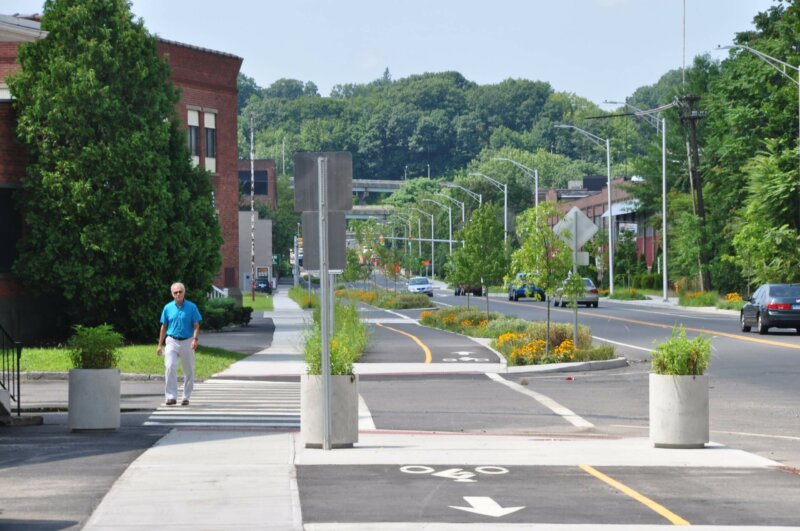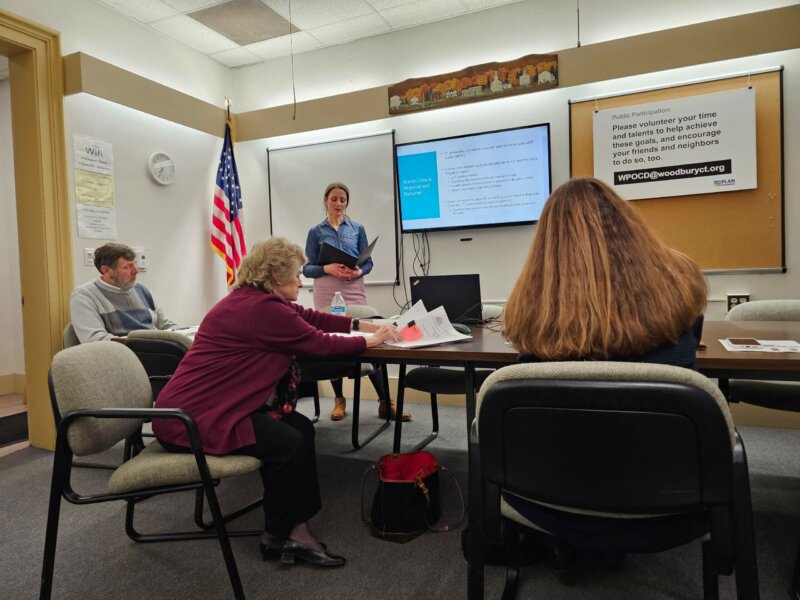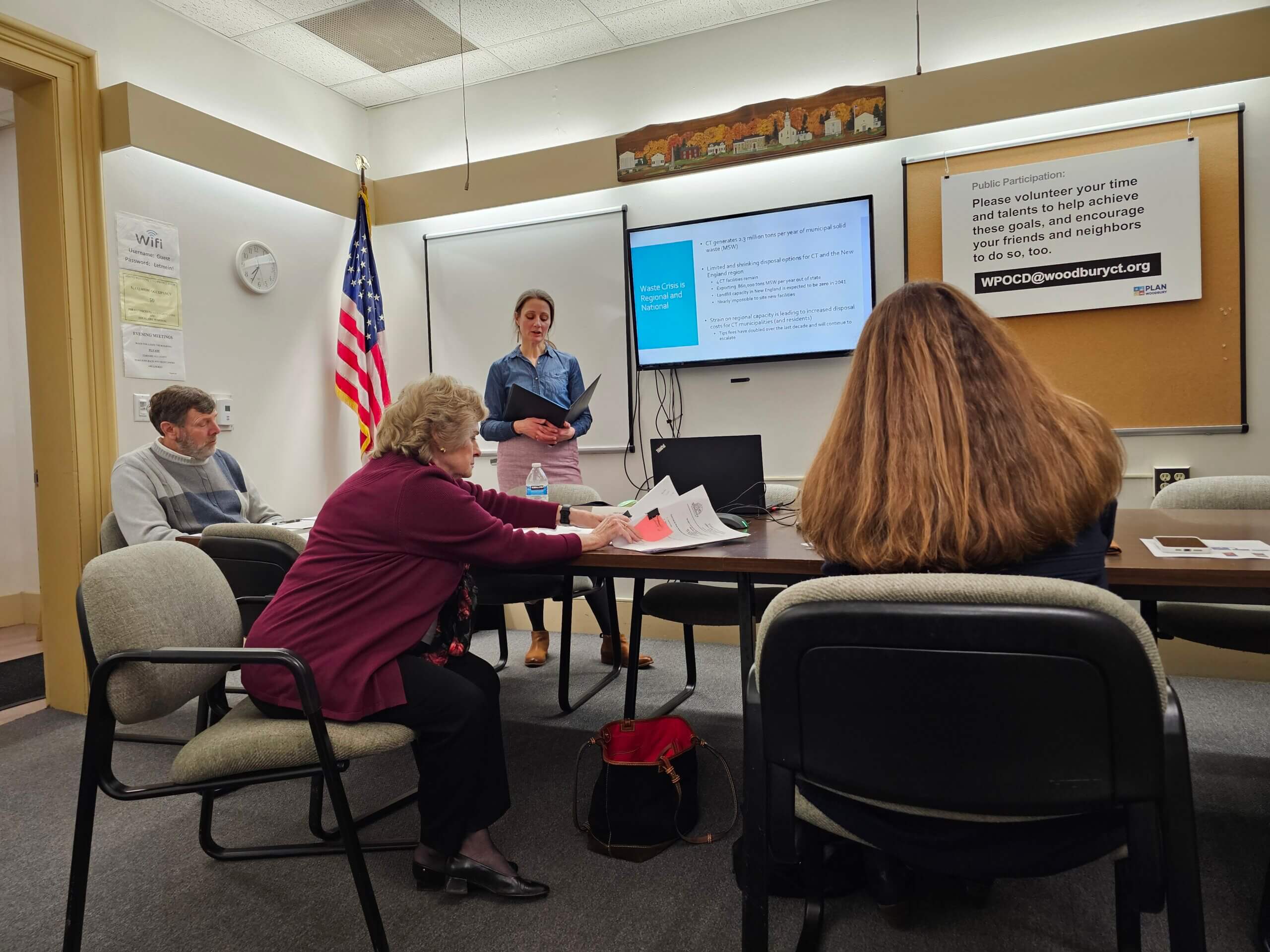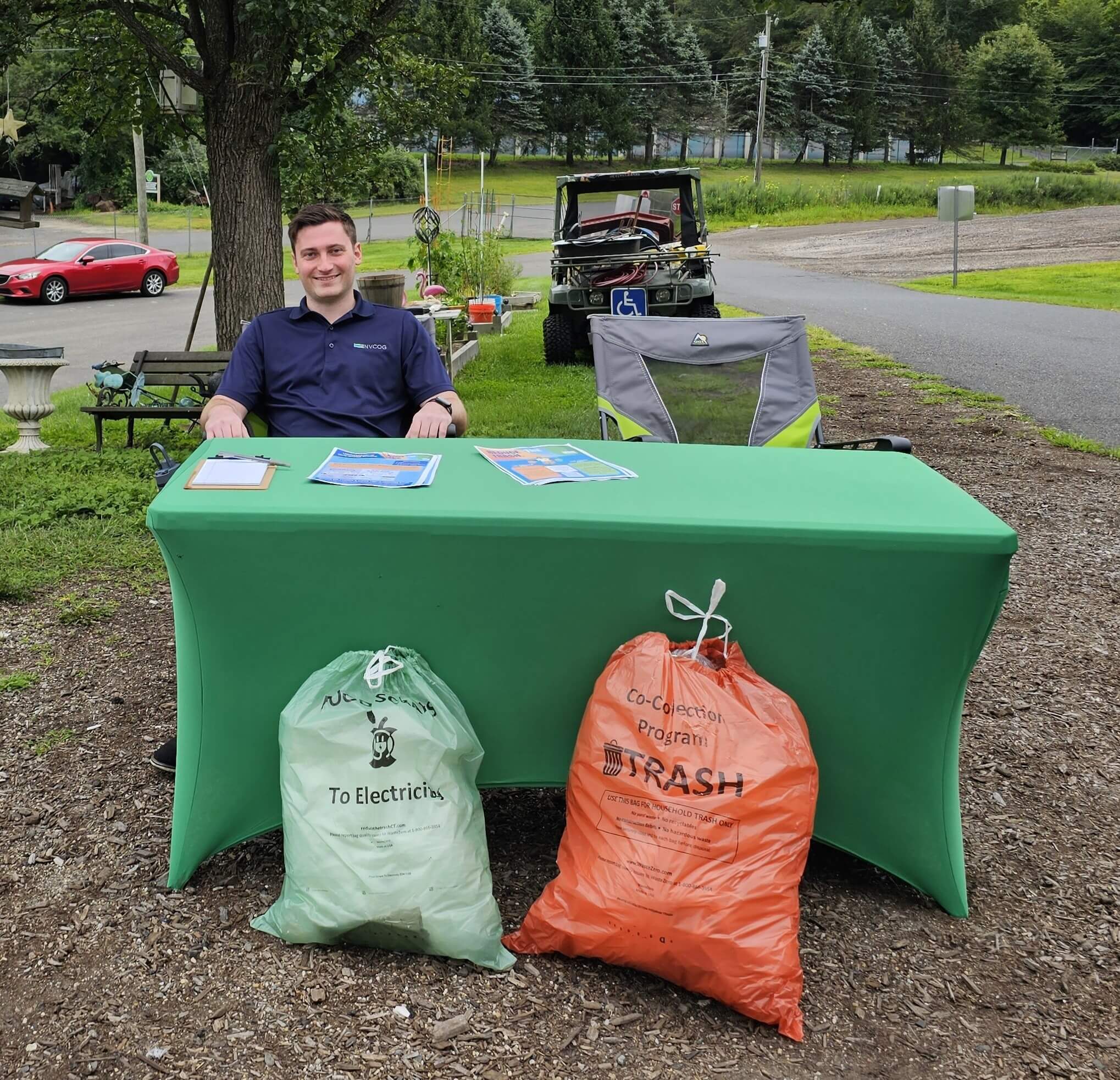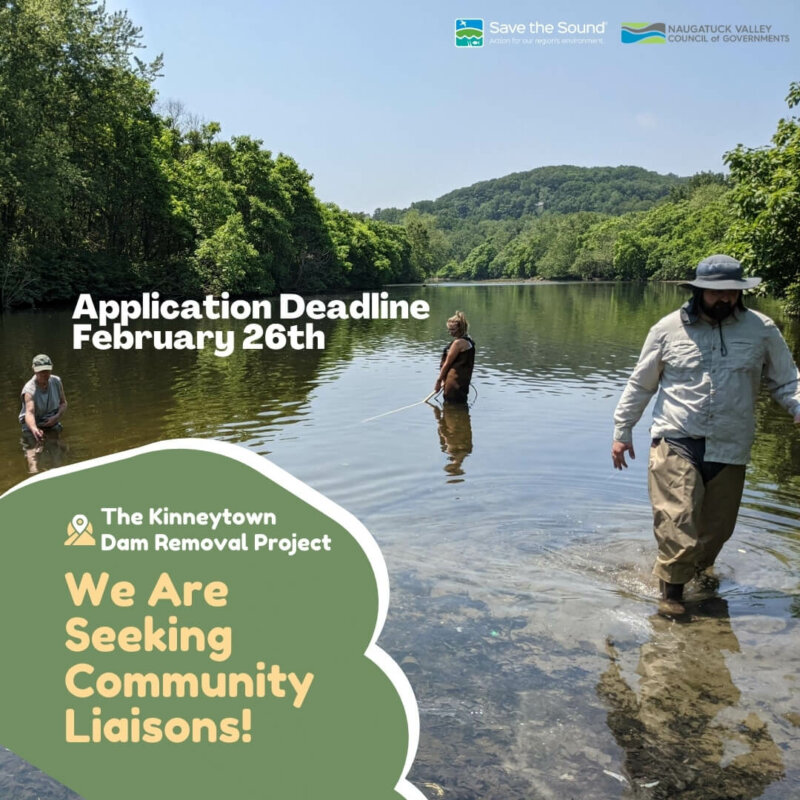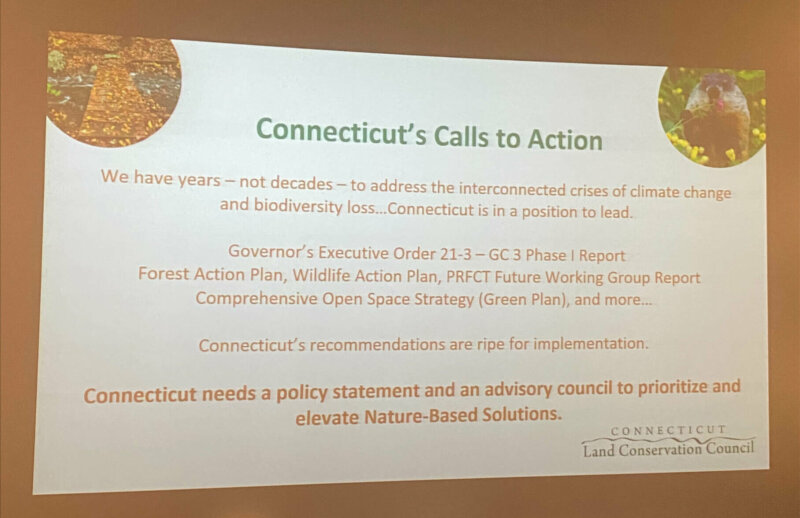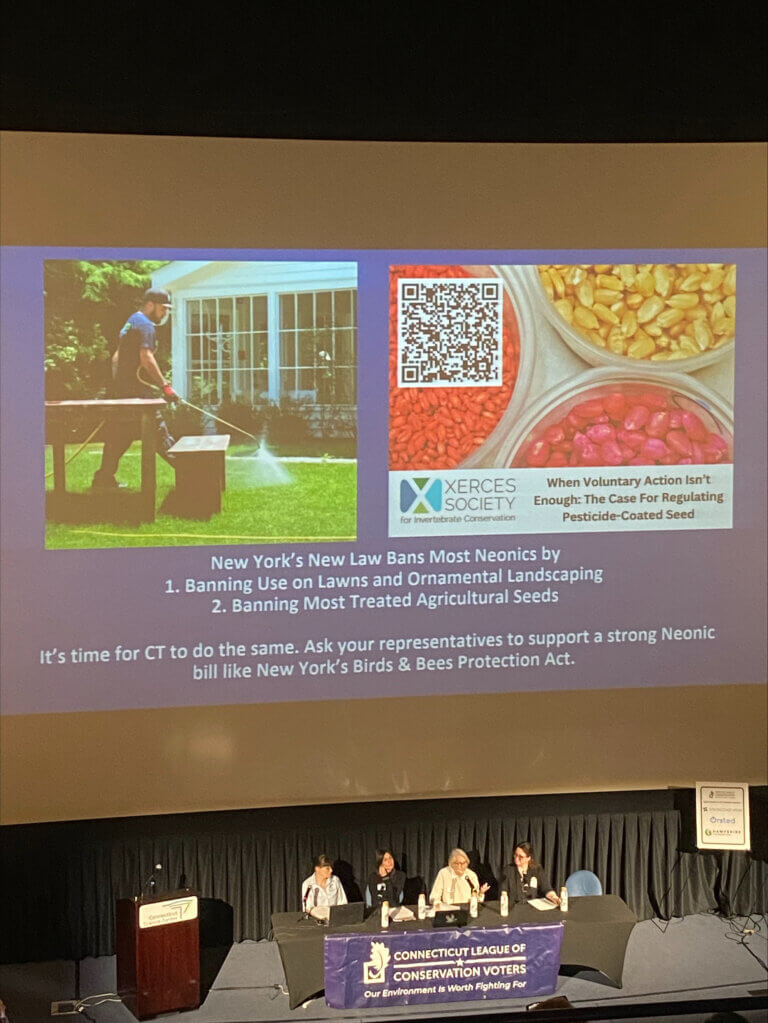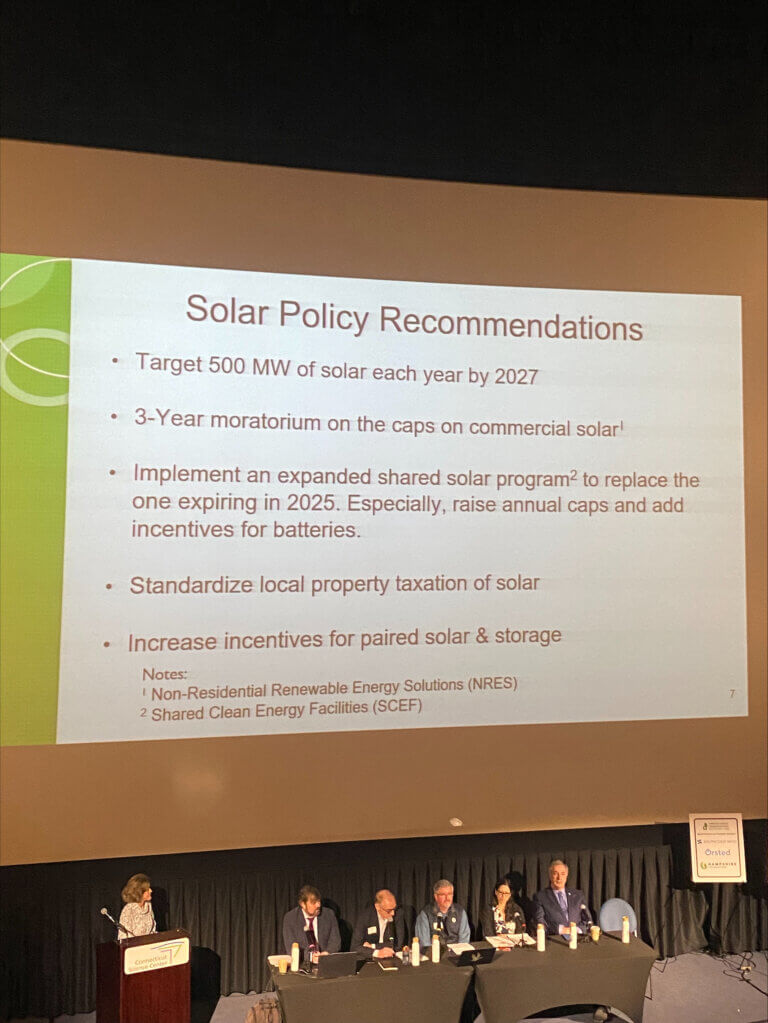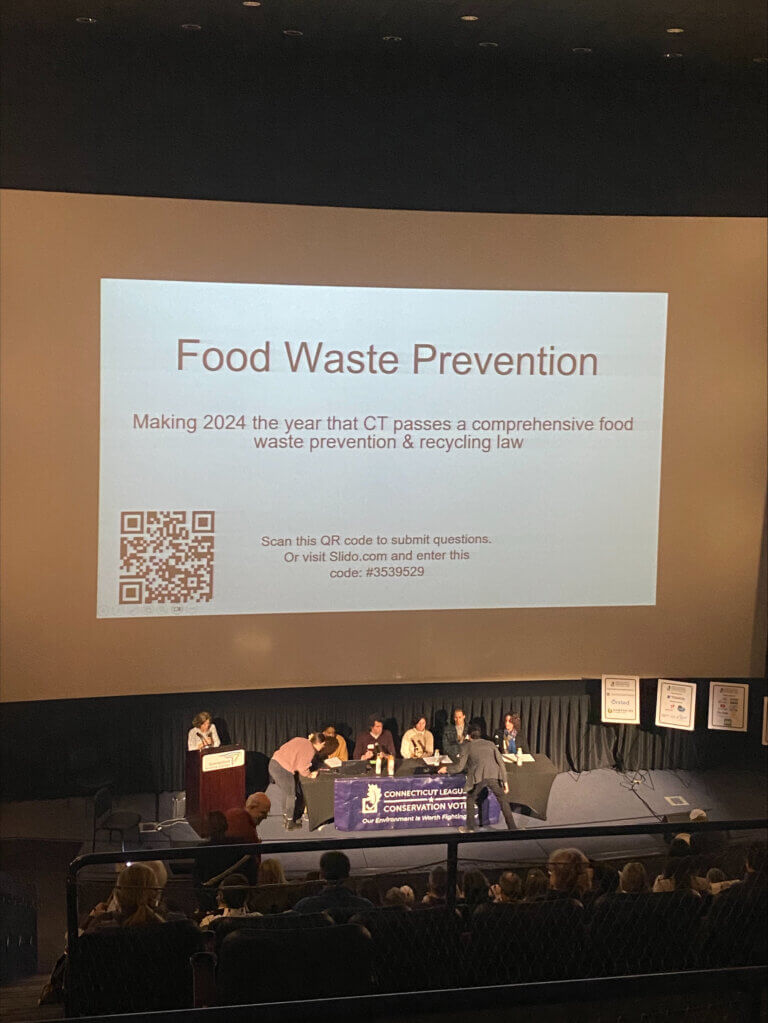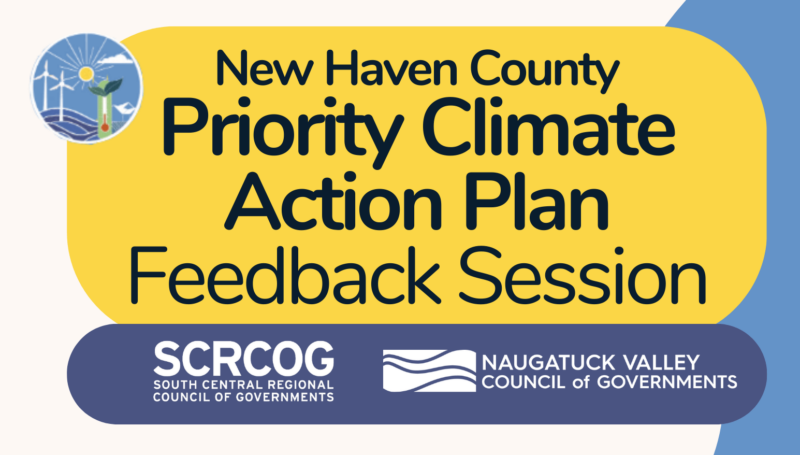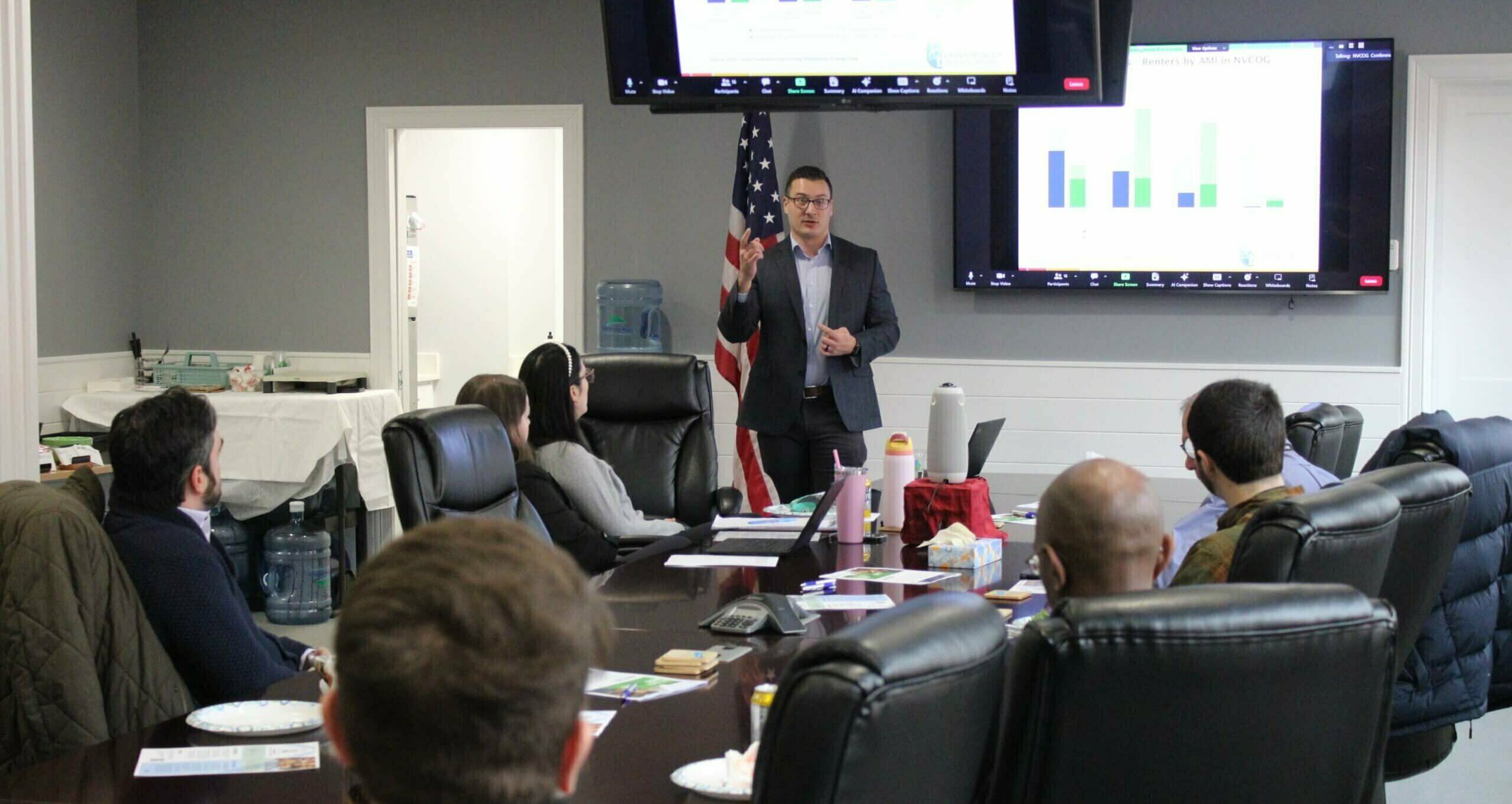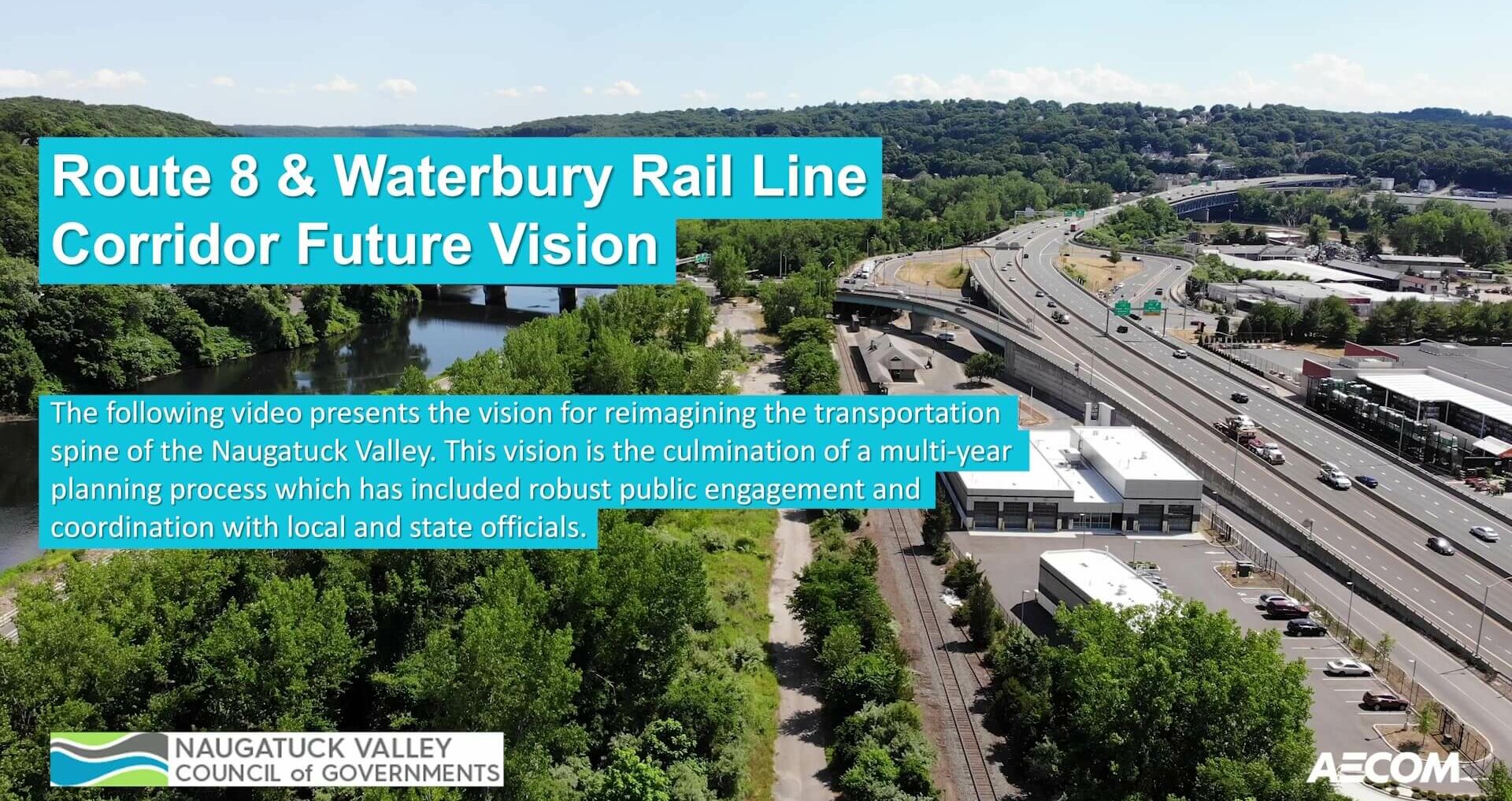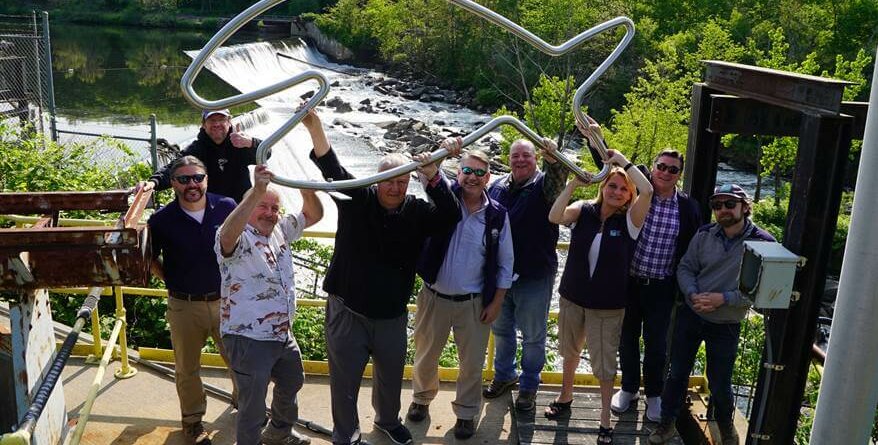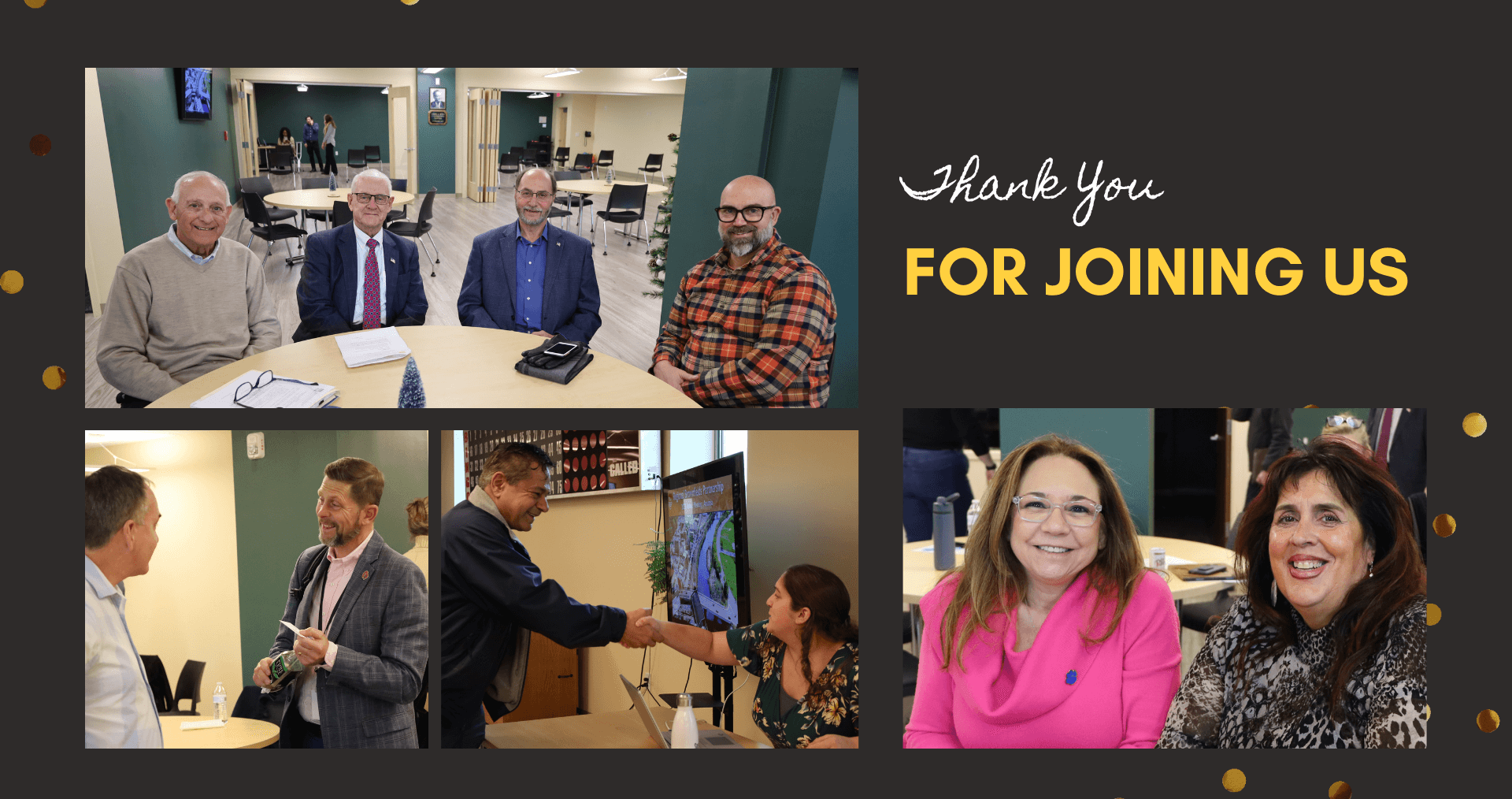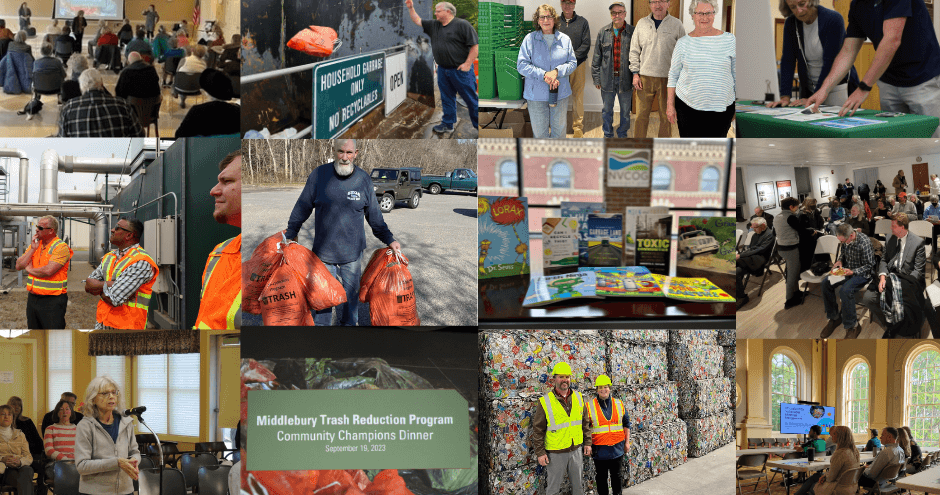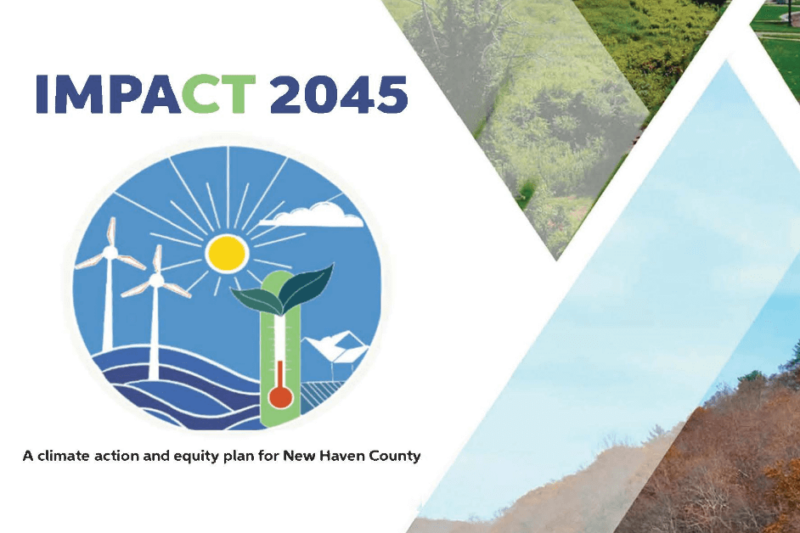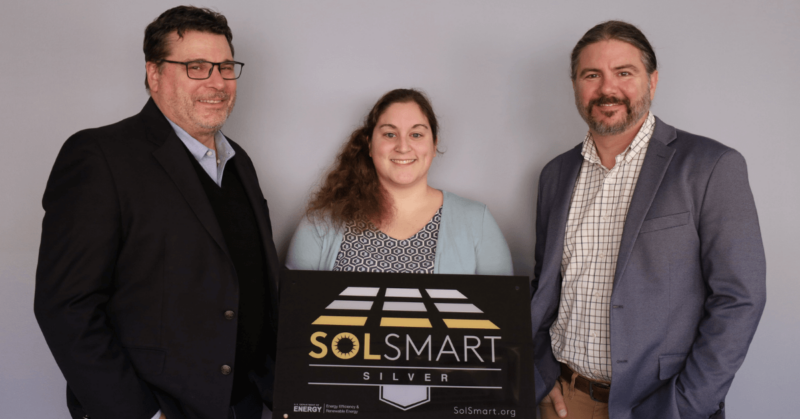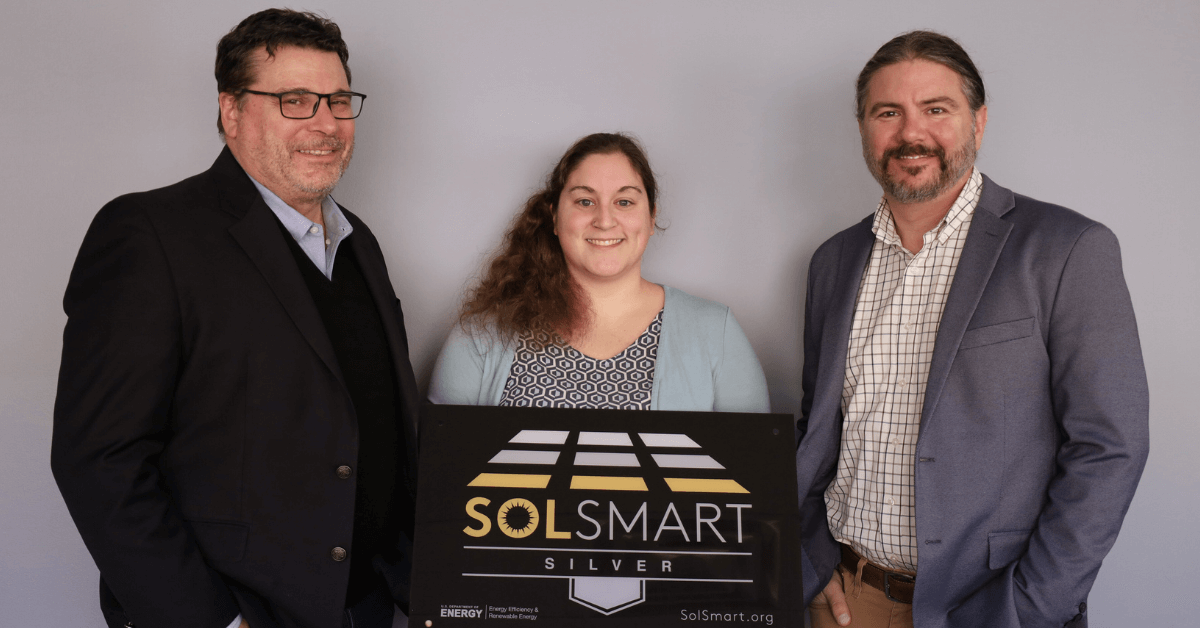Woodbury, CT Approves Trash Reduction Program for Transfer Station
WOODBURY, CT – Following a successful yearlong pilot funded by the Connecticut Department of Energy & Environmental Protection (CT DEEP), the Woodbury Board of Selectmen has voted to implement a permanent trash reduction program at their transfer station that includes separation of food scraps and unit-based pricing. By combining these strategies, this groundbreaking initiative aims to cut waste by 50%, offering a sustainable solution to mitigate rising disposal fees and alleviate the waste capacity crisis in Connecticut.
Starting July 1, transfer station users must purchase designated waste bags from local retailers, with distinct colors for trash and food scraps. Only these bags will be accepted, although residents can dispose of food waste without a bag if they prefer. A complete list of retailers and more details on the program will be posted at https://woodburyct.org/waste.
The transfer station permit fee, currently $25, will be reduced to $0.
Bag Sizes and Pricing
The Board of Selectmen has established bag sizes and prices based on recommendations from the ad hoc Waste Advisory Committee. For trash, 8-gallon bags will cost $0.75, 13-gallon bags will be $1.00, and 33-gallon bags will be $1.65. Food scrap bags will include 4-gallon bags at $0.15 and 8-gallon bags at $0.25.
These prices are designed to cover bag manufacturing, hauling, and waste disposal costs, with no additional revenue for the Town.
According to estimates from the Waste Advisory Committee, the average household using one 33-gallon trash bag and one 8-gallon food scrap bag per week will spend approximately $99 annually. This represents significant savings compared to the $480 annual cost of contracting with a private hauler in Woodbury.
Transition from Pilot to Permanent
Woodbury residents have had the benefit of a yearlong pilot program, funded through a CT DEEP Sustainable Materials Management grant, to build the habit of using special bags and separating food waste. Throughout the pilot, contractor Waste Zero and the Naugatuck Valley Council of Governments (NVCOG) engaged the community through tabling at the transfer station, hosting listening sessions, presenting to key stakeholder groups, and sharing information on social media. Building consensus and support among stakeholders was critical to passing the program.
The ad hoc Waste Advisory Committee, composed of Woodbury citizens, recommended the permanent plan after eight meetings where they delved into pilot concepts, financial modeling, and potential paths forward. Community suggestions, including offering five bag sizes, an equity program to ensure disadvantaged households have access to bags, and a switch to a rearview mirror hanging tag for the transfer station permit, were all incorporated. The recommendation was delivered to the Board Selectmen at their January 25th meeting, and the vote took place on January 29th. The Committee’s recommendation, with slight tweaks for clarity, passed unanimously.
Core Strategies of the New Program
The new program focuses on food scrap diversion and unit-based pricing. Separating organic waste into its own container enables the Town to send it to an anaerobic digestor that will transform the food scraps into renewable energy – rather than a landfill, where it will emit greenhouse gases, or a waste-to-energy plant, where the wet material causes inefficient incineration. Unit-based pricing involves shifting the cost of waste from a flat fee in taxes into a per-bag charge. Connecting how much trash a household produces to how much they pay inspires increased recycling, better consumer choices, and an overall reduction in waste at the point of generation.
Both strategies are prevalent throughout the U.S.: in New England alone, over 500 communities use some form of unit-based pricing, while 10 million households across the country have municipal food scrap collection.
“I am proud that Woodbury has been recognized as a forerunner in this area in reducing our trash,” says First Selectwoman Barbara Perkinson. “The Ad Hoc committee is to be commended for all their hard work in the development of this plan, which not only benefit the residents, but also our environment.”
“Thanks to a yearlong pilot and direct engagement with participants to figure out what works in the community,” says CT DEEP Commissioner Katie Dykes, “Woodbury residents have the opportunity to reduce trash, better manage household costs, and can divert valuable food scraps right at the transfer station. I applaud the Town for its leadership and for providing an example that other municipalities can look to when considering sustainable waste management options.”
